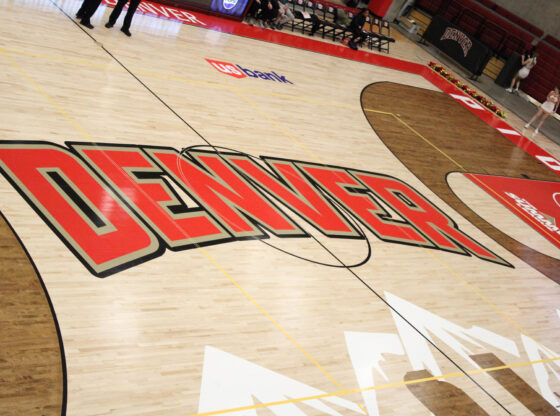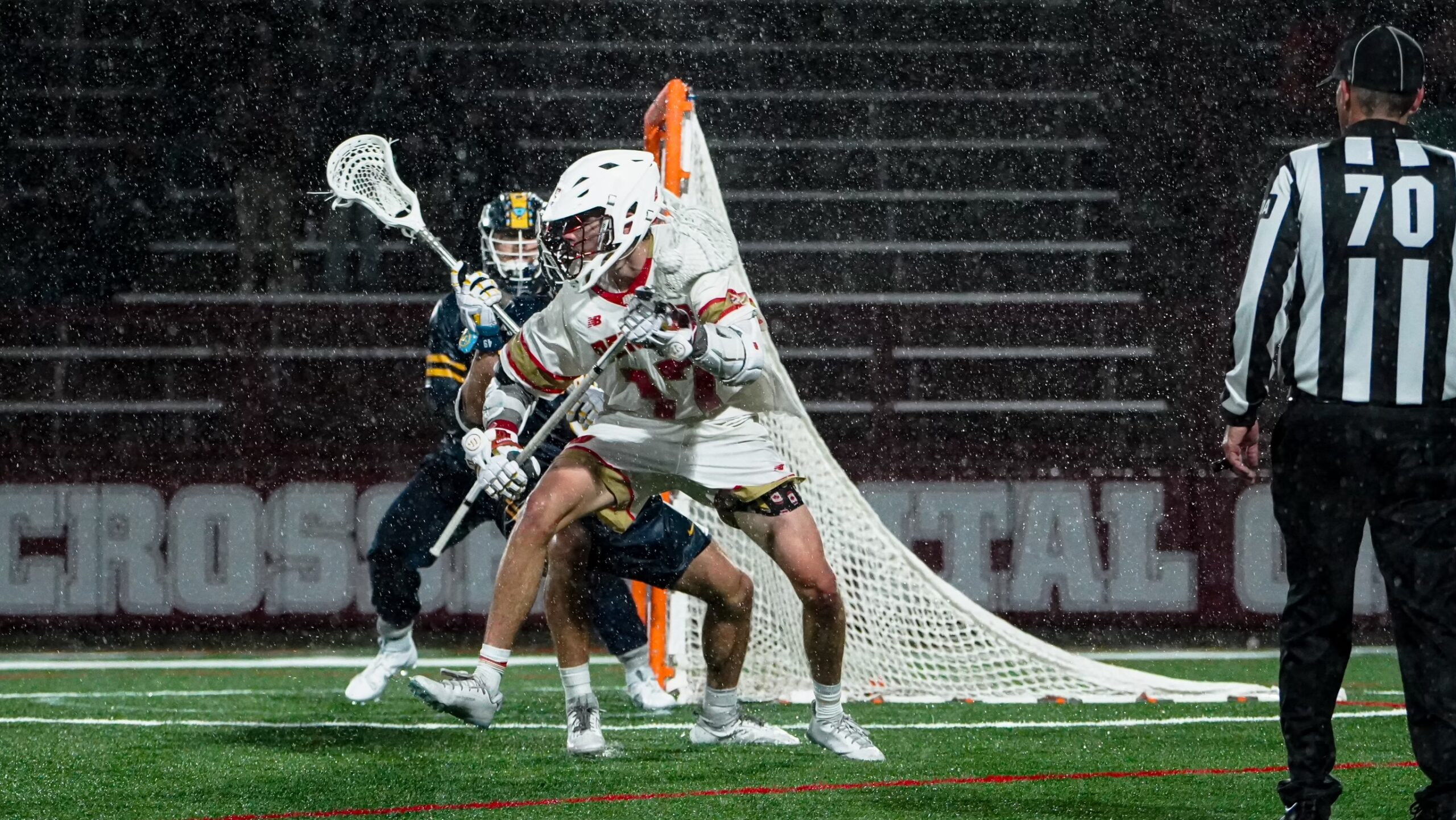The lead-up to the 2022 Winter Olympic Games in Beijing was marred in controversy due to COVID-19, the treatment of the Uighur people in Western China and worries about the security of devices of the athletes. Once the Games started, more controversy began to occur as soon as the opening ceremony finished. Here are three of the controversies that have arisen over the first 10 days of the Olympics.
Questions over the safety of tennis star Peng Shuai permeate proceedings
On the sidelines of the games, International Olympic Committee President Thomas Bach met with Chinese tennis player, Peng Shuai, who in November 2021 accused a former Chinese vice premier of sexual assault through social media. She was not seen or heard from for three weeks, before supposedly recanting her accusations through photos and messages shared by the government-controlled Chinese press agency, leaving many to believe she was not acting of her own volition. Peng, in a video posted in December and shared by a Singaporean news outlet, again said that she has never accused anyone of sexual assault, adding to the doubts over the tennis star’s safety.
In an attempt to lessen international concern over her well-being, Peng had dinner with Bach, though her situation was not talked about. Instead, they discussed Peng’s Olympic aspirations and hopes to visit the Olympic headquarters in Europe. In addition, Shuai watched the mixed curling match between China and Norway with another official from the International Olympic Committee.
Shuai, while accompanied by a Chinese Olympic official acting as a translator, gave an interview to the French newspaper L’Equipe. In the interview, Shuai said that her original post was misunderstood, and was erased “because I wanted to.”
Man-made snow leads to icy conditions and speedy spills
When Beijing was chosen as the host for the Olympics, many wondered how outdoor events would take place as the city was not known for getting snowfall. Instead, the Games are using 100% fake snow for all events, the first Olympic Games to fully use man-made snow.
To make artificial snow, 49 million gallons of water were sprayed through special equipment into the air. The water then crystallizes and falls onto the ground, making it hard and icy, which leads to faster racing.
While downhill racers prefer harder ground as it is faster, the alpine skiing racing events have been riddled with crashes made worse by a lack of experience with the track. U.S.A.’s Nina O’Brien crashed during her second giant slalom run, breaking her left leg, which required surgery and an external fixator to fix. As well, German downhill skier, Dominik Schwaiger had to be taken down in a stretcher after crashing at 130 km/h.
In the freestyle events, where the competitors prefer soft snow as a cushion when landing, Japanese snowboarder Rina Yoshika injured her spine after crashing during practice for the slopestyle competition. American snowboarder Jamie Anderson said she was worried about the course, calling the surface “bulletproof ice.”
Speed skating crashes lead some to question referee bias
Raced on a rink that is 30 meters by 60 meters, short track speed skating is a physical sport, with contact bound to occur. However, these Olympics have seen controversy over how much contact has occurred and the disqualifications that have been judged. In a semifinal for the 5000-meter men’s relay, Li Wenlong of China crashed after trying to get by a Canadian skater. After placing last due to the crash, the judges/referees placed China into the finals to compete for the medals. This was done after a lengthy review, and no explanation was given, even though only the top two teams of the semifinal were supposed to advance.
In the men’s 1000 meter final, Hungarian Liu Shaolin was given two penalties, which took him off the top spot of the podium (as well as the podium entirely) after a review. Ren Ziwei of China, who was assessed to have been blocked by the Hungarian, received the gold.
However, Ren was not given a penalty for shoving Liu into the walls at the finish line as retaliation. This has led some skaters, particularly the South Koreans, to accuse the referees of bias in favor of the Chinese team. Ren was only in the final after two South Koreans were disqualified, leading to his promotion.
The internet was furious with an event in the women’s 500-meter quarterfinals. In the race, Canadian Alyson Charles crashed. One of her compatriots, Florence Brunell, was judged to have caused the crash and subsequently disqualified. Soon after, a video of the race was posted on social media showing Chinese skater Fan Kexin flicking an inner-boundary cone into Charles, causing the crash. While Charles was allowed to continue to the semifinals, many on social media were outraged that Fan was not punished after the video surfaced.
Controversies and scandals have plagued the Olympics since the inception of the Games. However, with these Winter Olympics being criticized from the start, these controversies will only add to the criticism of China hosting the games.











